Energy-Efficient Air Conditioning Systems
Air conditioning systems are essential for maintaining comfortable indoor environments across residential, commercial, and industrial spaces. They work by removing heat and humidity from indoor air, providing a cool and comfortable atmosphere during warm periods. Modern air conditioning units come in various types, including central systems, ductless mini-splits, window units, and portable models, each suited to different space requirements and preferences.
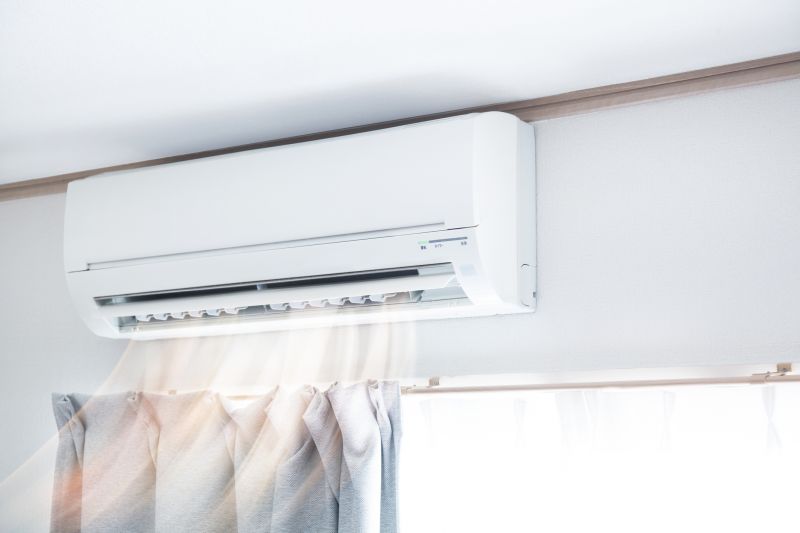
A common type of air conditioning system that separates the indoor and outdoor units for efficient cooling.
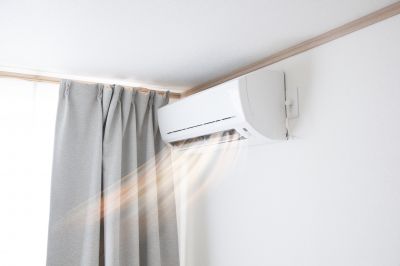
Provides targeted cooling without ductwork, ideal for rooms or additions.
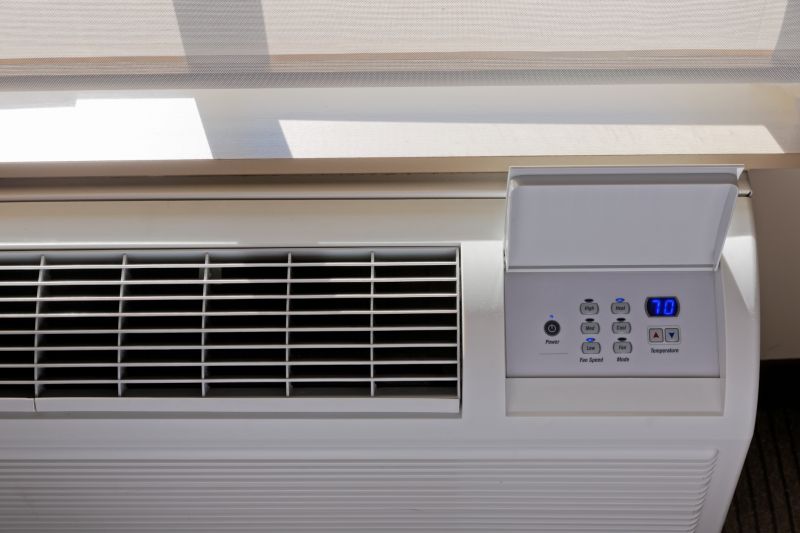
Offers mobility and easy installation, suitable for temporary or supplemental cooling.
The efficiency of an air conditioning system is influenced by factors such as size, insulation, and usage patterns. Properly sized units ensure effective cooling without excessive energy consumption. Regular maintenance, including filter changes and system inspections, can extend the lifespan of the equipment and optimize performance.
Statistics show that a well-maintained air conditioning system can reduce energy costs and improve indoor air quality. In commercial settings, energy consumption for cooling can account for a significant portion of total utility expenses. Advanced systems with programmable thermostats and zoning capabilities allow for better control and energy management.
Installation and Service Timeline
Professional installation of an air conditioning system typically takes between one to three days, depending on the complexity of the setup and the type of system chosen. The process involves site assessment, system selection, ductwork installation if necessary, and system testing to ensure optimal operation.
Hiring a professional ensures that the system is installed correctly, which is critical for efficiency, safety, and longevity. Proper installation minimizes the risk of future issues such as leaks, poor airflow, or system failure. Experienced technicians also provide valuable guidance on system maintenance and optimal usage practices.
Benefits of Professional Air Conditioning Installation
Engaging qualified technicians for air conditioning installation guarantees adherence to manufacturer specifications and local codes. It reduces the likelihood of costly repairs and ensures the system operates at peak efficiency. Professional service also includes thorough system testing and calibration, contributing to consistent comfort and energy savings.
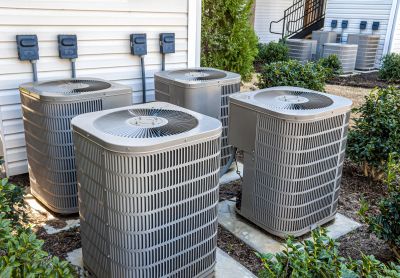
Showcases a professionally installed central air conditioning system in a residential setting.
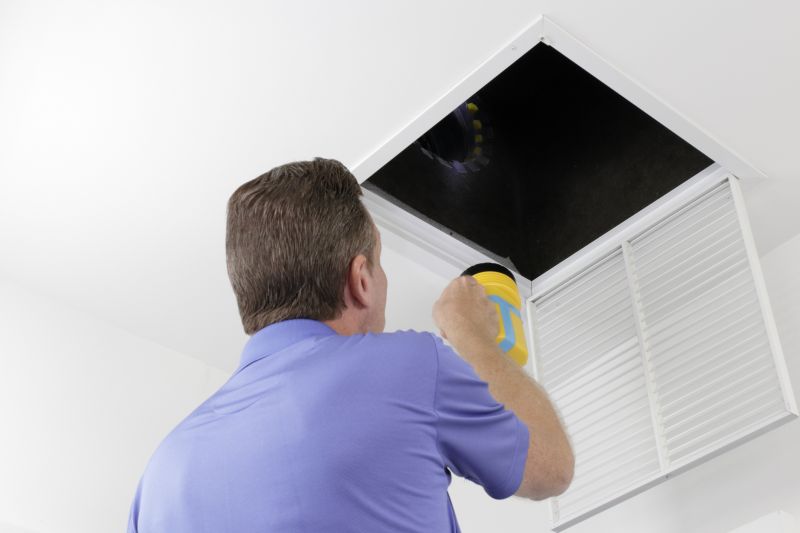
Displays the detailed ductwork installation for optimal airflow and cooling.
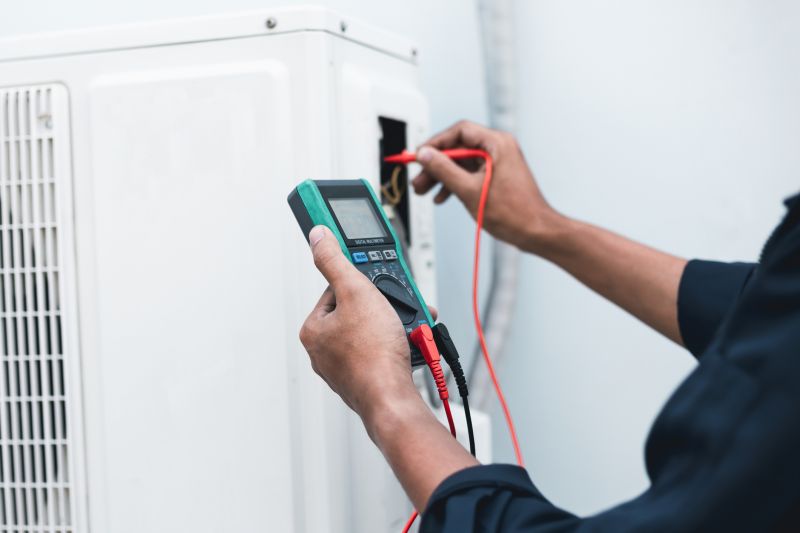
Highlights the final testing phase to ensure proper functioning of the air conditioning unit.
Properly installed air conditioning systems provide reliable cooling, improved indoor air quality, and energy efficiency. Regular professional inspections and maintenance help maintain optimal performance and extend the lifespan of the equipment.
Those interested in upgrading or installing a new air conditioning system are encouraged to contact for a detailed quote. Professional guidance ensures selection of the right system tailored to specific needs and space requirements.



